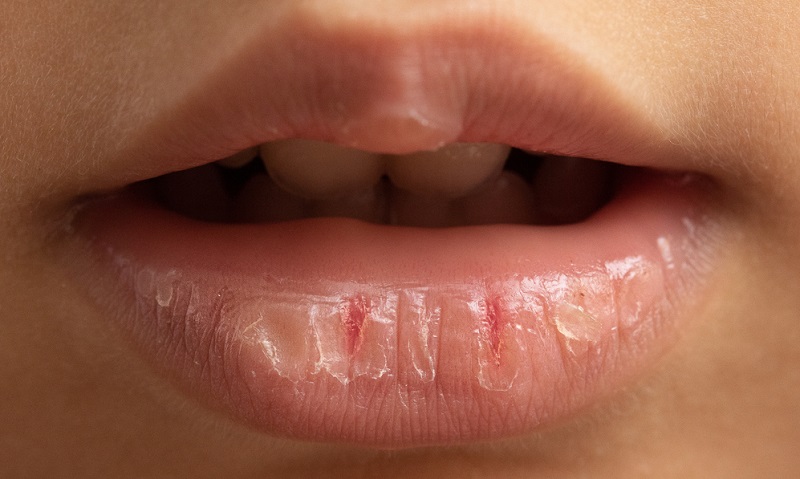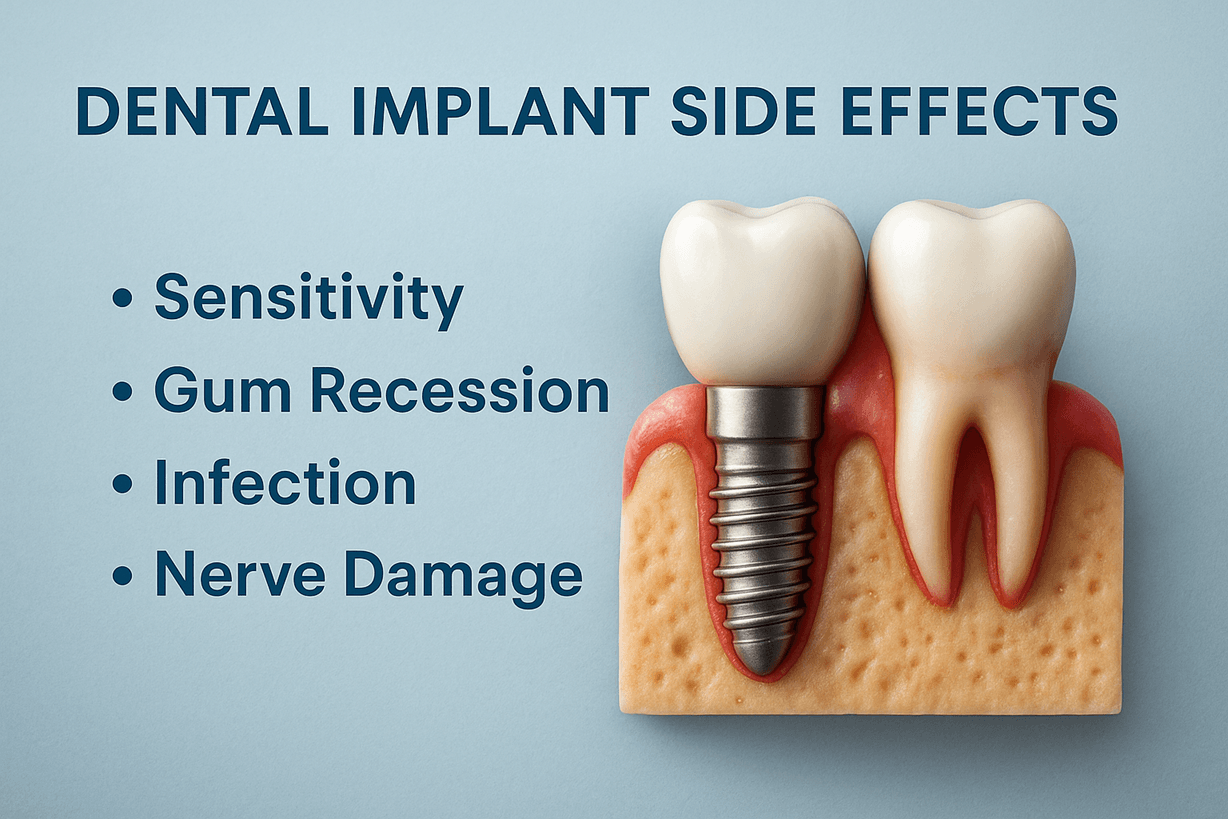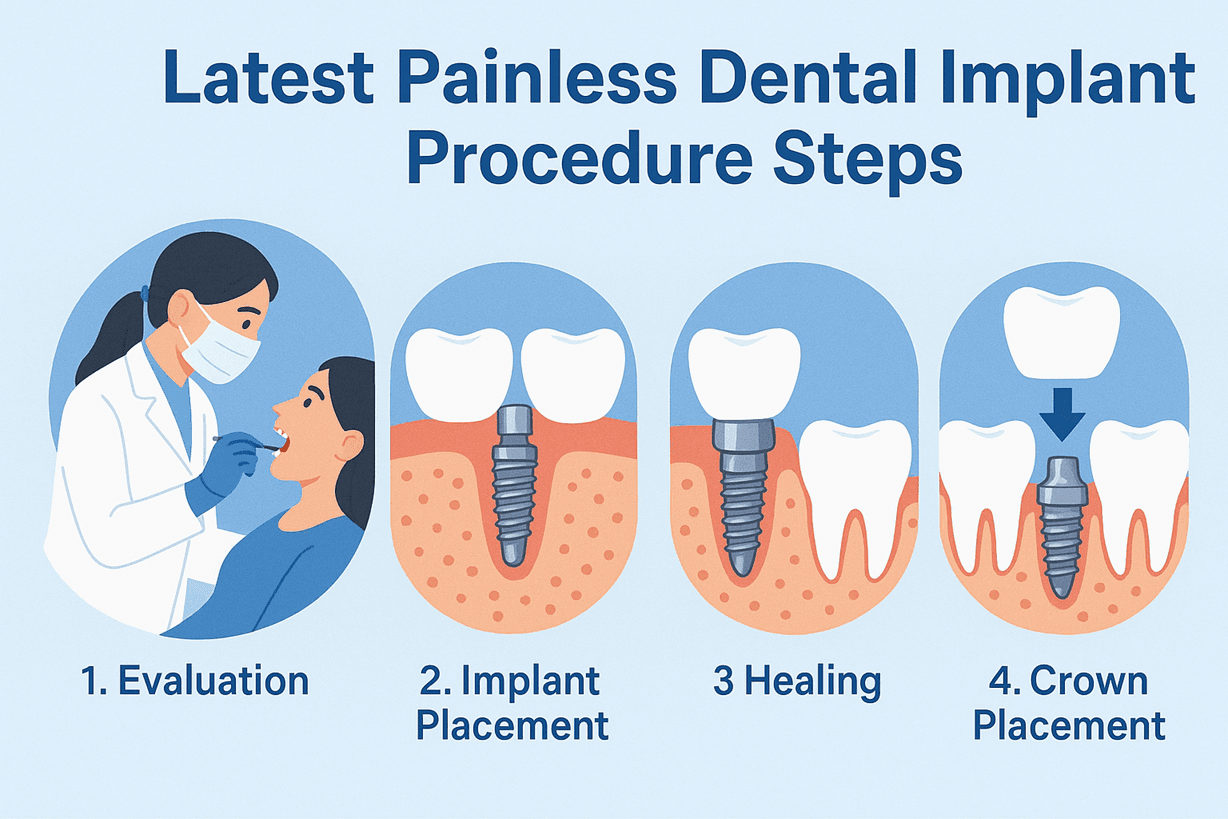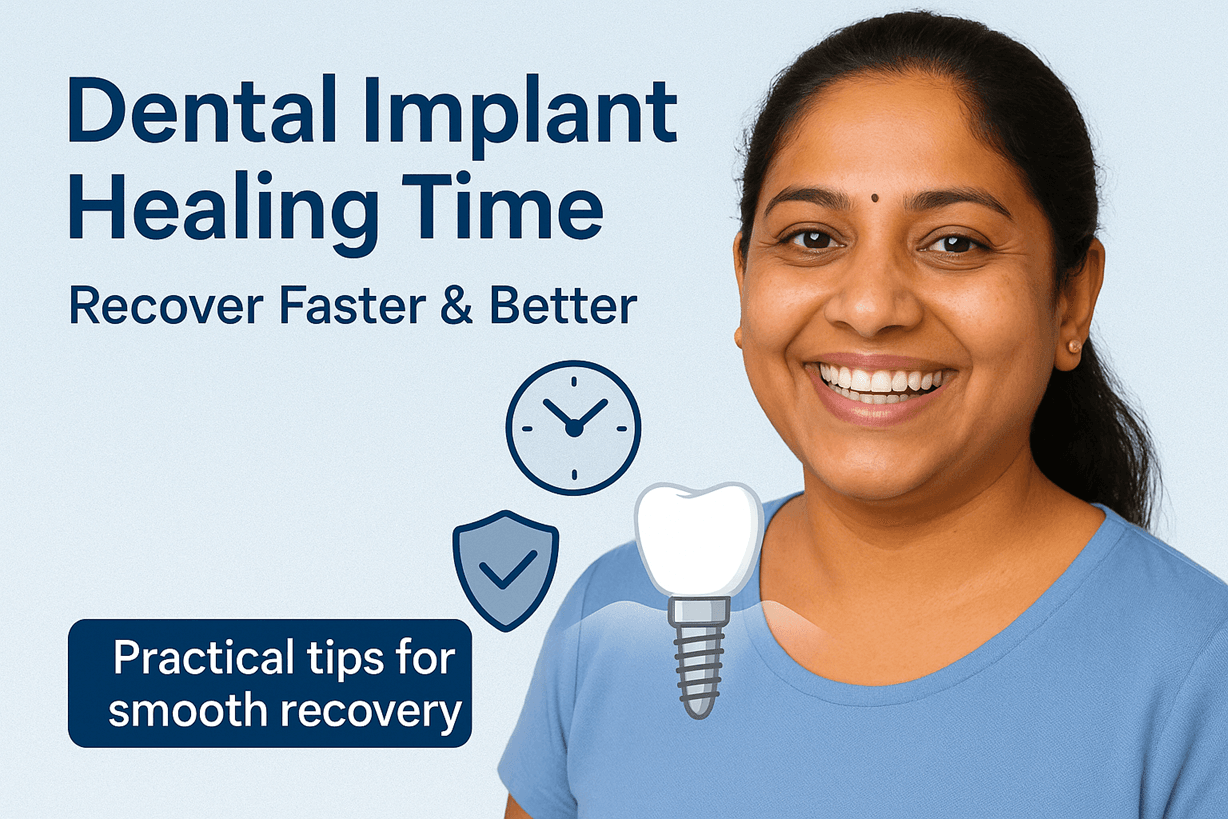Contents
- Causes of Dry Mouth During Sleep
- How to Prevent Dry Mouth at Night?
- Tips for Reducing Dry Mouth Symptoms at Night
- Professional Treatments for Treating Dry Mouth at Night
- Conclusion
- Frequently Asked Questions

Are you sick of waking up every morning with a parched, dry mouth?
Do you struggle to get a good night's sleep because the desert-like sensation in your mouth bothers you? You're not alone, so don't worry!
Dry mouth during sleeping is a common problem that can be uncomfortable and potentially cause dental issues.
Fear not, though; in this blog post, we'll look at several efficient techniques to fight dry mouth and awaken feeling renewed.
Introduction to Dry Mouth
Dry mouth, or xerostomia, is caused by a lack of saliva and can result from certain medications, health issues, and lifestyle choices. If left untreated, dry mouth can lead to more serious problems.
Importance of Saliva:
Maintains mouth moisture
Aids in digestion
Affects speech, eating, and swallowing
Reduces the risk of oral infections
Prevents bad breath
Preventing Dry Mouth:
Stay Hydrated: Drink plenty of water throughout the day.
Avoid Alcohol and Caffeine: These can contribute to dryness.
Use a Humidifier: Adds moisture to the air, reducing dryness at night.
Chew Sugar-Free Gum: Stimulates saliva production.
Use Fluoride Products: Toothpaste or mouthwash with fluoride can help prevent cavities caused by dry mouth.
Causes of Dry Mouth During Sleep
Numerous causes of dry mouth might occur as you sleep.
Among the most frequent causes are:
1. Dehydration:
If you don't consume enough fluids throughout the day, you may become dehydrated, which can cause dry mouth at night. Make sure to consume enough water all day long.
2. Drugs:
A side effect of several drugs is dry mouth. Ask your doctor if any medications you are taking could be the source of your dry mouth if you take.
3. Mouth Breathers:
People who breathe through their lips rather than their nostrils are more likely to develop dry mouth at night. This is due to mouth breathing's tendency to dry up oral mucous membranes.
4. Sleep Apnea:
Sleep apnea is a condition that causes people to stop breathing for brief periods during sleep. This can also lead to dry mouth at night. If you think you may have sleep apnea, be sure to talk to your doctor about it.
How to Prevent Dry Mouth at Night?
There are several ways to prevent dry mouth at night:
Stay hydrated:
Drink plenty of water throughout the day to keep your body hydrated, which will help keep your mouth moist.
Avoid alcohol and caffeine:
Both alcohol and caffeine can dehydrate your body and cause dry mouth, so it's best to avoid them, especially in the evening.
Use a humidifier:
Sleeping in a room with a humidifier can help keep the air moist, which can prevent dry mouth.
Breathe through your nose:
Breathing through your mouth can dry out your mouth, so try to breathe through your nose as much as possible, especially when sleeping.
Chew sugar-free gum:
Chewing sugar-free gum can help stimulate the production of saliva, which can help prevent dry mouth.
Avoid smoking:
Smoking can cause dry mouth, so it's best to avoid smoking or using tobacco products.
Talk to your doctor:
If you have persistent dry mouth, it's important to talk to your doctor, as it could be a symptom of an underlying medical condition or a side effect of medication.
Your doctor may be able to prescribe medication or suggest other treatments to help alleviate your symptoms.
Tips for Reducing Dry Mouth Symptoms at Night
1. To stay hydrated during the day, drink lots of fluids.
2. Limit caffeine and alcoholic beverages before bed.
3. To add moisture to the air in your bedroom, use a humidifier.
4. Keep a glass of water next to your bed so you can sip on it while you sleep.
5. To increase salivation, chew sugar-free gum or savour sugar-free hard candies.
Foods and Drinks to Avoid Before Bedtime
If you have trouble with dry mouth when sleeping, there are some foods and beverages you should stay away from right before bed. These consist of:
- Alcoholic beverages
- Coffee, tea, or energy drinks
- Spicy or acidic foods
Alcoholic drinks might dehydrate you and make your symptoms of dry mouth worse.
Stimulants like coffee, tea, and energy drinks can make it hard to fall asleep and remain asleep. Acidic or spicy food can sting the mouth and make it feel dry.
Home Remedies for Reducing Dry Mouth While Sleeping
It's very frustrating to have a dry mouth at night. It's not only uncomfortable, but it could make it hard to fall asleep.
Fortunately, there are a few natural treatments that might lessen dry mouth while you sleep.
Drinking a lot of liquids throughout the day is one straightforward DIY cure. This can help keep your mouth hydrated and perhaps lessen nighttime dryness.
Avoiding alcohol and caffeine-containing drinks before night might also help, as both of these things can worsen dry mouth.
Consuming sugar-free hard candy or chewing sugar-free gum can also assist in increasing salivation and prevent dry mouth. Just be careful not to consume anything with mint, as this can exacerbate dry mouth.
You might want to consider using a humidifier in your bedroom if you frequently get dry mouth. By doing so, you can hydrate your mouth all night long and impart moisture to the air.
You may obtain a good night's sleep and less dry mouth by using these straightforward suggestions.
Consult your doctor about additional treatments if you discover that your dry mouth is still an issue.
Professional Treatments for Treating Dry Mouth at Night
To manage dry mouth at night, a few different expert treatments are available. The use of a saliva substitute, which helps lubricate the lips and throat, is one possibility.
Utilising an oral spray or lozenge with glycerin or other components that can aid in keeping the mouth moist is an additional choice.
Additionally, your dentist could advise using toothpaste or mouthwash that is specially made for dry mouth sufferers.
1. Prescription Drugs:
Your doctor or dentist may recommend drugs like pilocarpine or cevimeline to assist in promoting saliva production.
2 Treatment for Damaged Salivary Glands:
If your damaged salivary glands are the source of your dry mouth, your doctor may advise a procedure to replace or repair them.
Dental Treatments:
In addition to fluoride treatments to help prevent tooth decay, your dentist may suggest certain mouthwashes or toothpastes made to battle dry mouth.
Botox Injections:
In some circumstances, using botox injections to diminish salivary gland activity and excessive saliva flow can assist in treating dry mouth.
Surgery may occasionally be necessary to address dry mouth brought on by a blockage in the salivary ducts.
It's important to talk to your healthcare provider if you are experiencing persistent dry mouth at night, as they can help determine the underlying cause and recommend the most appropriate treatment.
Conclusion
Even though having a dry mouth while you sleep can be very uncomfortable, there are several things you can do to prevent it.
You can keep your mouth damp while you sleep by establishing an atmosphere that promotes salivation and consuming fluids all day long.
It's also crucial to avoid alcohol before bed to stop dryness from developing overnight. You can feel rested and prepared for the day ahead by following these easy actions when you get up.
Frequently Asked Questions
1. How do you prevent dry mouth at night?
To prevent dry mouth at night, try the following tips:
Drink plenty of water throughout the day
Use a humidifier in your bedroom to add moisture to the air
Avoid drinking alcohol, caffeine, or sugary drinks before bed
Avoid breathing through your mouth while sleeping by using a chin strap or nasal strips
Consider talking to your doctor about any medications you're taking that may cause dry mouth.
2. How to prevent dry mouth when speaking?
To prevent dry mouth when speaking, you can try the following:
Drink water before and during speaking engagements
Avoid caffeine, alcohol, and sugary drinks, as they can dehydrate you
Chew sugar-free gum or suck on sugar-free candy to stimulate saliva production
Practice good oral hygiene to keep your mouth healthy,
3. What causes extremely dry mouth while sleeping?
There are several possible causes of dry mouth while sleeping, including:
Breathing through your mouth
Sleeping with your mouth open
Certain medications, such as those for allergies, depression, or high blood pressure
Dehydration
Snoring or sleep apnea.
4. Why dry mouth?
Dry mouth, also known as xerostomia, can be caused by a variety of factors, such as:
Medications that cause dryness as a side effect
Ageing
Dehydration
Medical conditions such as Sjogren's syndrome or diabetes
Radiation therapy to the head and neck area.
5. Why my mouth is getting dry?
Your mouth may be getting dry due to a variety of reasons such as:
Dehydration
Mouth breathing
Medications that cause dry mouth
Smoking
Medical conditions that affect saliva production,
6. Why does dry mouth occur at night?
Dry mouth at night can be caused by several factors including:
- Sleeping with your mouth open
Breathing through your mouth
Medications that cause dry mouth as a side effect
Dehydration
Snoring or sleep apnea.
7. What to do for dry mouth at night?
To relieve dry mouth at night, try the following:
Drink plenty of water throughout the day
Use a humidifier in your bedroom to add moisture to the air
Avoid drinking alcohol, caffeine, or sugary drinks before bed
Use a saliva substitute or mouth rinse to moisturize your mouth
Talk to your doctor about any medications you're taking that may cause dry mouth.
8. Why is my mouth so dry at night?
There can be several reasons why your mouth is dry at night, such as:
Sleeping with your mouth open
Breathing through your mouth
Certain medications that cause dry mouth
Dehydration
Snoring or sleep apnea.



